Upper Providence Township Police Officer Dies by Suicide Outside Township Building: Tragic Incident Prompts Mourning, Mental Health Awareness Among Law Enforcement
UPPER PROVIDENCE TOWNSHIP, PA — A somber mood hangs over Upper Providence Township following the deeply tragic death of a township police officer who took his own life in the parking lot of the municipal campus Monday evening. The heartbreaking incident, which occurred after regular working hours, has sent shockwaves through the police department and the broader community, prompting reflection on the mental health challenges faced by law enforcement officers and renewed calls for systemic support.
According to township officials, the incident took place on Monday, June 2, 2025, in the parking area outside the Upper Providence Township campus building, which houses both municipal offices and police department operations. The officer was reportedly off duty at the time of the incident. Emergency personnel were dispatched to the scene after a distress call was made, but efforts to save the officer were unsuccessful. He was pronounced dead at the scene.
Authorities have stated that there was no threat to the public at any point, emphasizing that the event was an isolated incident involving a member of their own law enforcement team. The identity of the officer has not been released pending notification of next of kin.
A Department in Mourning
The Upper Providence Township Police Department is reeling in the wake of the loss. Officers, administrative staff, and township employees alike have expressed deep sorrow over the tragedy. A black mourning band now adorns the badges of fellow officers, a traditional sign of respect and solidarity within the law enforcement community.
Chief Mark Tooley of the Upper Providence Township Police Department released a brief and heartfelt statement on Tuesday morning:
“This is an unimaginable loss for our department, our township, and most of all, the officer’s family. We are grieving alongside them. Our officer was a valued member of our police family, and this tragedy reminds us of the silent burdens many of us carry. We ask the community for their prayers and privacy during this time.”
Township Manager Mark McKee echoed similar sentiments, pledging full support for the department and a commitment to enhance mental health services for township employees. Flags at township buildings have been lowered to half-staff in honor of the fallen officer.
The Setting of the Incident
The Upper Providence Township municipal campus, located near the intersection of Route 29 and Black Rock Road, is typically a hub of daytime civic activity. The campus includes the township administration offices, the police station, and several auxiliary services, all located within a campus-style complex surrounded by parking lots, trees, and landscaped public areas.
According to initial reports, the officer’s body was discovered by a fellow employee shortly before 8:00 p.m., well after standard business hours. Township officials quickly notified law enforcement and emergency medical personnel, who responded with urgency. A temporary perimeter was established, but officials assured the public there was no broader safety concern.
Sources familiar with the situation indicated that the officer used his department-issued service weapon. No foul play is suspected, and the death is being investigated as a suicide by county authorities. Counseling services were immediately offered to township employees who may have been affected by the traumatic discovery.
The Unspoken Crisis in Law Enforcement
While the officer’s name has not yet been released out of respect for the family, his death underscores a larger, national crisis: the mental health epidemic among first responders. Studies by organizations like Blue H.E.L.P. (Honor, Educate, Lead, Prevent) and the Ruderman Family Foundation have repeatedly shown that law enforcement officers are at significantly higher risk for suicide than the general population.
The stress of the job—often involving traumatic experiences, high-stakes decisions, public scrutiny, and an enduring “warrior culture” that can stigmatize emotional vulnerability—creates a volatile psychological environment. Officers may suppress emotional struggles for fear of being perceived as weak or unfit for duty.
Dr. Amanda Kirsch, a clinical psychologist who works with first responders in the Greater Philadelphia area, commented on the broader context:
“The emotional toll of policing is cumulative. When departments don’t have proactive mental health programs or if officers fear speaking out, the risk of self-harm increases. This is not a moral failing—this is an occupational hazard that requires structural intervention and cultural change.”
According to 2024 national figures, more than 160 police officers died by suicide in the United States, a number that eclipses line-of-duty deaths from gunfire or vehicular accidents.
Local Response and Mental Health Resources
In the immediate aftermath of the incident, Upper Providence Township has partnered with Montgomery County Behavioral Health Services to provide support not only for the police department but for township staff and the broader community.
“We’re arranging peer support groups, grief counseling, and mental wellness education sessions,” said Township Manager McKee. “We cannot undo this tragedy, but we can work to prevent future ones.”
The Pennsylvania Fraternal Order of Police (FOP) also issued a statement mourning the loss and encouraging officers statewide to seek support through their confidential wellness network, which offers 24/7 counseling, peer mentorship, and access to licensed therapists familiar with the unique challenges faced by officers.
A mobile counseling unit from the Montgomery County Crisis Response Team was dispatched to the police department Tuesday morning, offering grief counseling and mental health check-ins for department members, some of whom had worked closely with the deceased officer for years.
A Life Remembered
While the township and the department have yet to release the officer’s name, many who knew him personally have begun offering their condolences privately and on social media. Several community members described the officer as compassionate, dedicated, and well-liked among residents.
One resident who had frequent contact with the officer at community events shared the following anonymously:
“He was always the first to volunteer for youth programs and community outreach. He had a great sense of humor and made people feel safe. It’s heartbreaking to think that someone who helped so many others didn’t feel able to ask for help himself.”
Though the pain of the loss is still fresh, township leaders are discussing ways to honor the officer’s service, including a memorial plaque at the department and potentially naming a community outreach program in his honor, depending on the wishes of the family.
The Human Side of the Badge
This tragedy has laid bare the emotional cost of policing and the often-overlooked humanity behind the badge. Law enforcement officers are regularly exposed to incidents involving violence, death, domestic trauma, and personal risk—without adequate time or resources to decompress. The normalization of these experiences can erode mental resilience over time.
“Cops are taught to be tough, to push through,” said retired Philadelphia Police Captain Thomas Graves, who now works as a peer counselor. “But they’re human. We all have breaking points. We’ve got to start training departments to identify warning signs and foster a culture where seeking help is seen as strength, not weakness.”
Upper Providence Township has pledged to reevaluate and expand its officer wellness initiatives, including the establishment of regular psychological evaluations, mandatory mental health training, and increased access to confidential support lines.
The Way Forward
In the coming days, Upper Providence Township will hold a moment of silence at the next Board of Supervisors meeting. Flags will remain at half-staff until further notice, and tributes will likely follow once the officer’s name is released and his family has had time to grieve privately.
The loss of a single life has illuminated the pressing need to treat mental health as a cornerstone of public safety—not an afterthought. Police departments, lawmakers, and community members alike are being called to action, not only to mourn the officer who was lost but to ensure that others are not left to struggle in silence.
Grief counselors remain available to township staff, and residents who need support are encouraged to contact the Montgomery County Crisis Line at (855) 634-HOPE (4673).

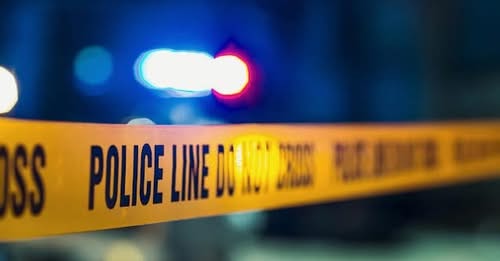

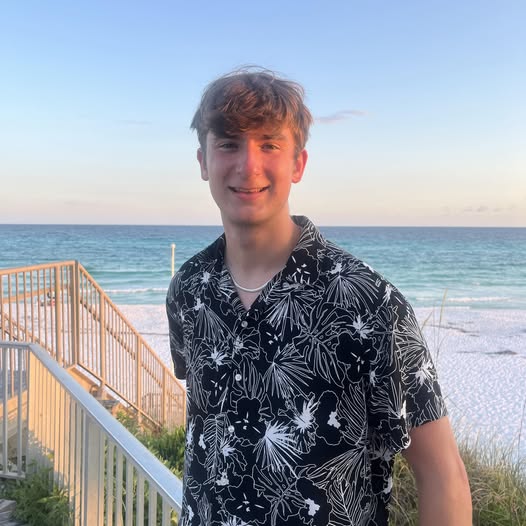
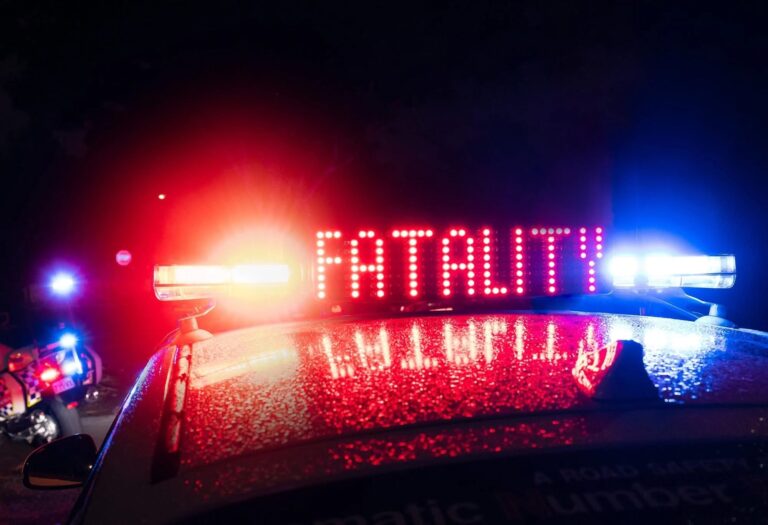
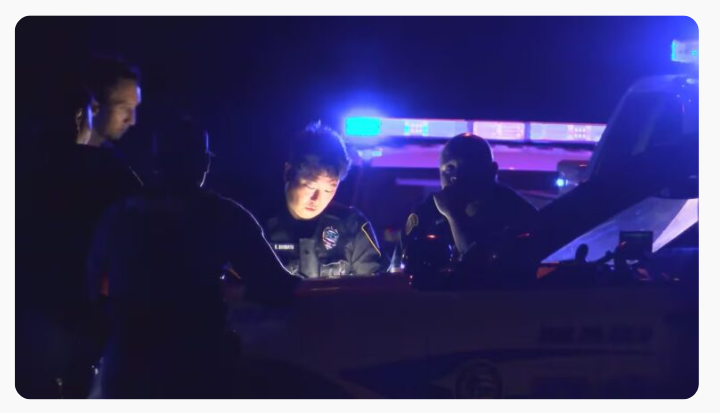
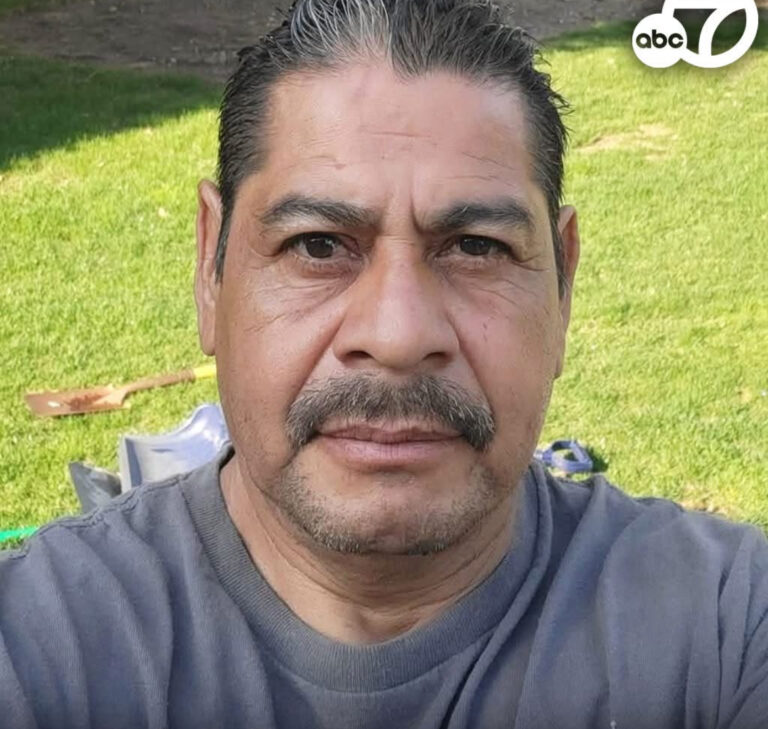

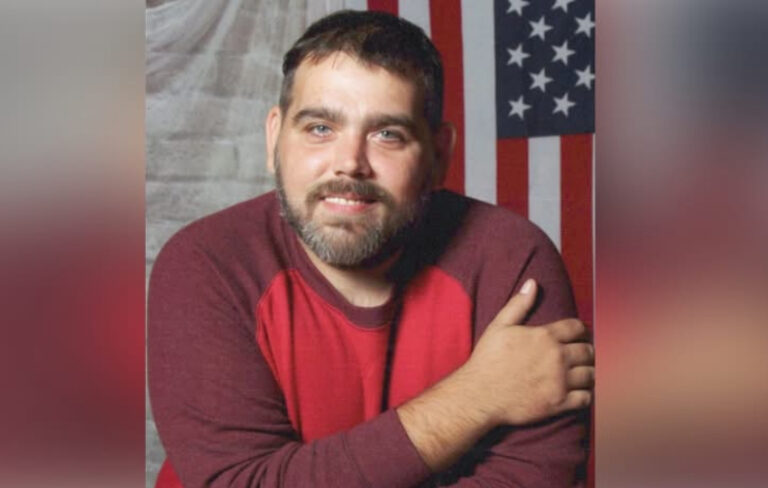


Leave a Reply